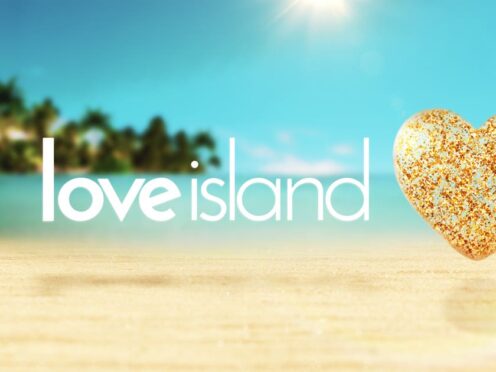Love Island has prompted 1,509 complaints to Ofcom in the aftermath of its Snog, Marry, Pie challenge.
The task saw the islanders reveal who they would kiss, marry or hit in the face with a cream pie.
Dancer and model Tasha Ghouri was left in tears over comments Dami Hope and Luca Bish made before delivering a pie to her face.
After a messy game of Snog, Marry, Pie, here are the Islanders with the most of each…
Most snogs 💋Boy: AdamGirls: Danica & Paige
Most marries 💍Boy: DavideGirl: Paige
Most pies 🥧Boys: Dami & LucaGirl: Tasha #LoveIsland
— Love Island (@LoveIsland) July 19, 2022
Broadcasting watchdog Ofcom said the majority of complaints about the episode on Tuesday July 19 related to alleged misogynistic behaviour from the boys to the girls, including in the aftermath of the challenge.
Another 146 were made about the Sunday July 17 episode, with those relating to the behaviour and treatment of contestants during and in the aftermath of Movie Night.
There were also 351 complaints made about the episode on Monday July 18, with the majority being about alleged misogynistic and bullying behaviour of contestants.
Movie Night, which came after the islanders were reunited following Casa Amor, saw them shown footage of their partners being tempted by newcomers or being unfaithful.
Ofcom said in a statement: “We are assessing the complaints against our broadcasting rules, but are yet to decide whether or not to investigate.”
Nothing says you've been pied quite like a literal pie 🥧 #LoveIsland pic.twitter.com/MZ4OppXXnT
— Love Island (@LoveIsland) July 18, 2022
Last week, Ofcom said it had received 3,617 complaints about Love Island in the past seven days, with many related to alleged misogynistic behaviour by some of the male contestants.
It comes after domestic abuse charity Women’s Aid confirmed it is in talks with ITV after viewers expressed concern over “misogyny and controlling behaviour” present on the show.
Liverpool-based charity Local Solutions, which operates an independent domestic violence advisory service, also expressed concerns.
In May 2019 ITV released a new set of duty of care processes ahead of the fifth series, which was later won by Amber Gill and Greg O’Shea.
They updated those processes for the most recent series and began giving inclusion training, including language and behaviour, to contestants ahead of them entering the villa.
ITV previous said in a statement: “We cannot stress highly enough how seriously we treat the emotional wellbeing of all of our islanders.
“Welfare is always our greatest concern and we have dedicated welfare producers and psychological support on hand at all times, who monitor and regularly speak to all of the islanders in private and off camera.
“Ahead of this series, contributors on the show were offered video training and guidance covering inclusive language around disability, sexuality, race and ethnicity, behaviours and microaggressions.
“We are always looking at how we expand and evolve on this training to ensure that all of our islanders feel they are part of a safe and inclusive environment.”
